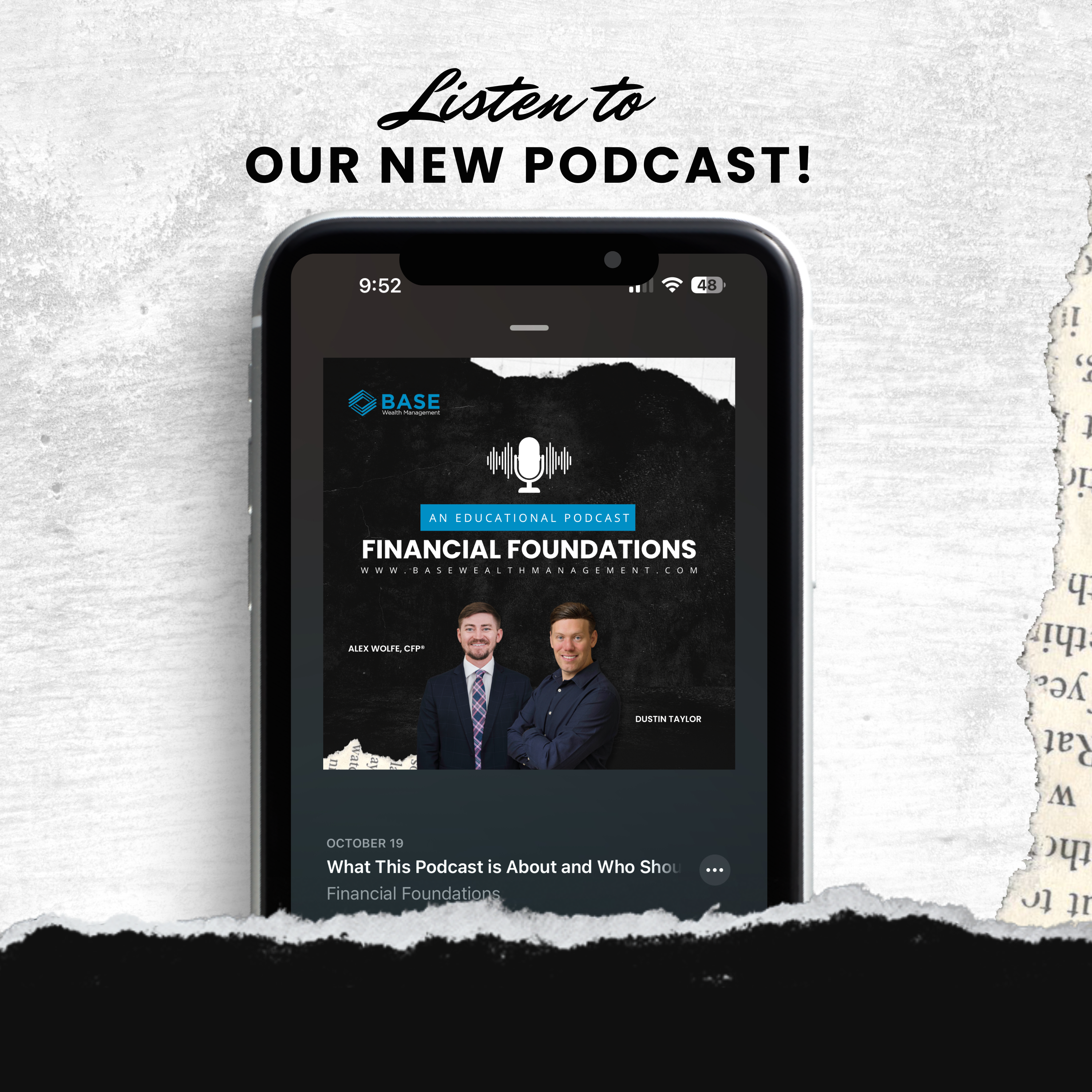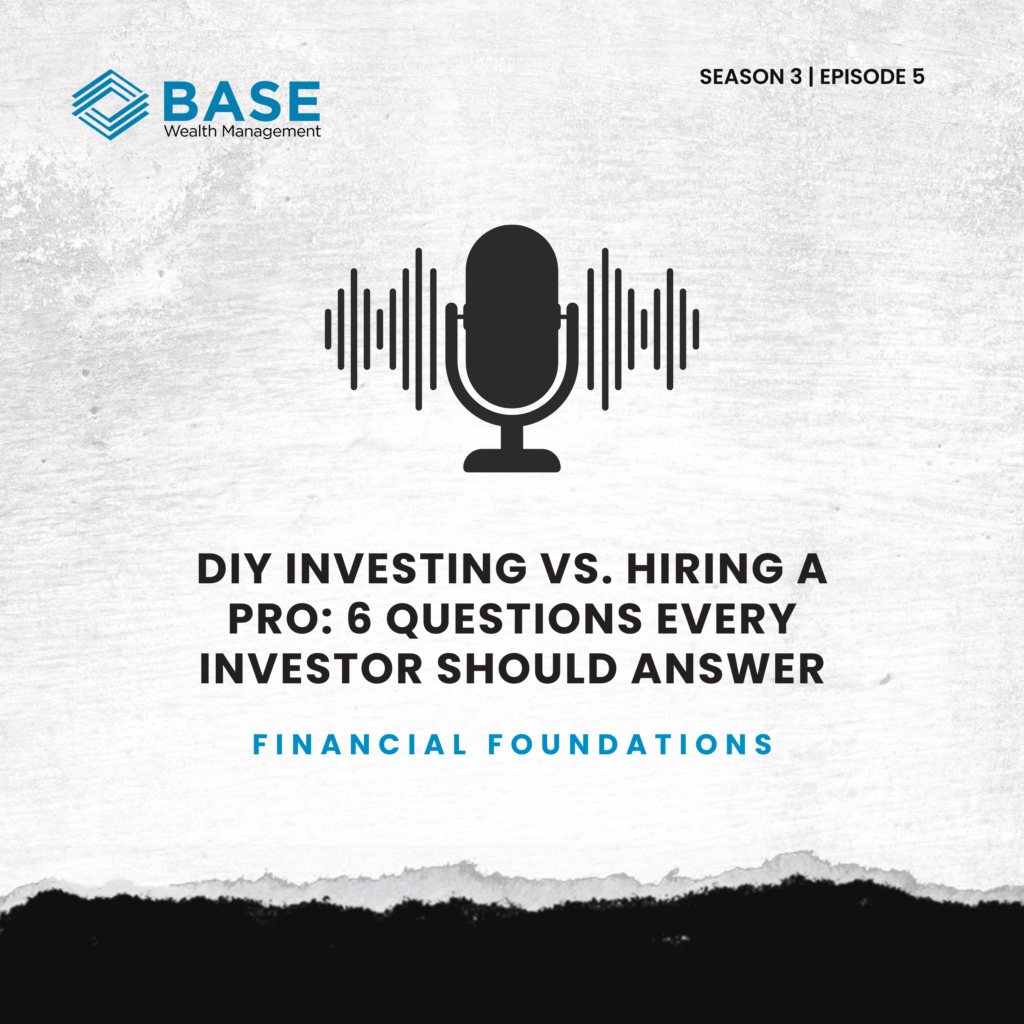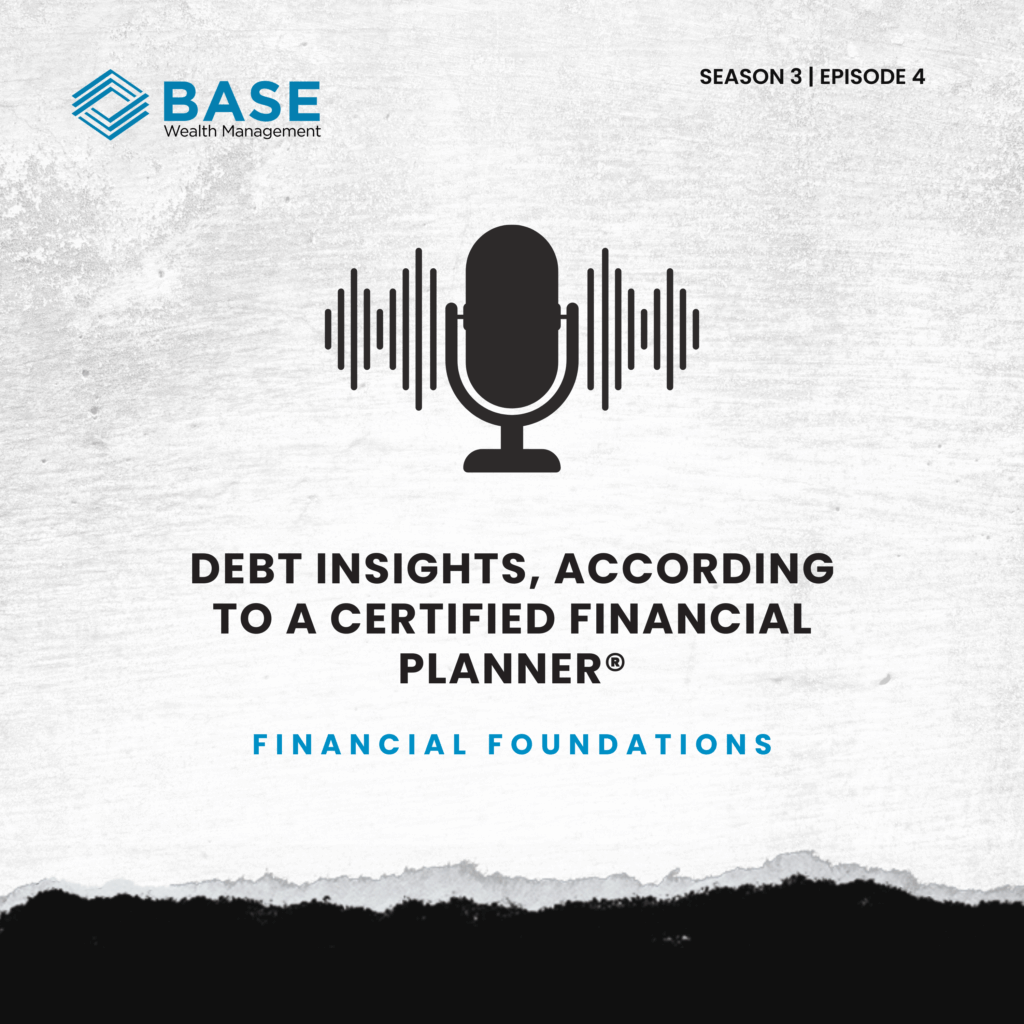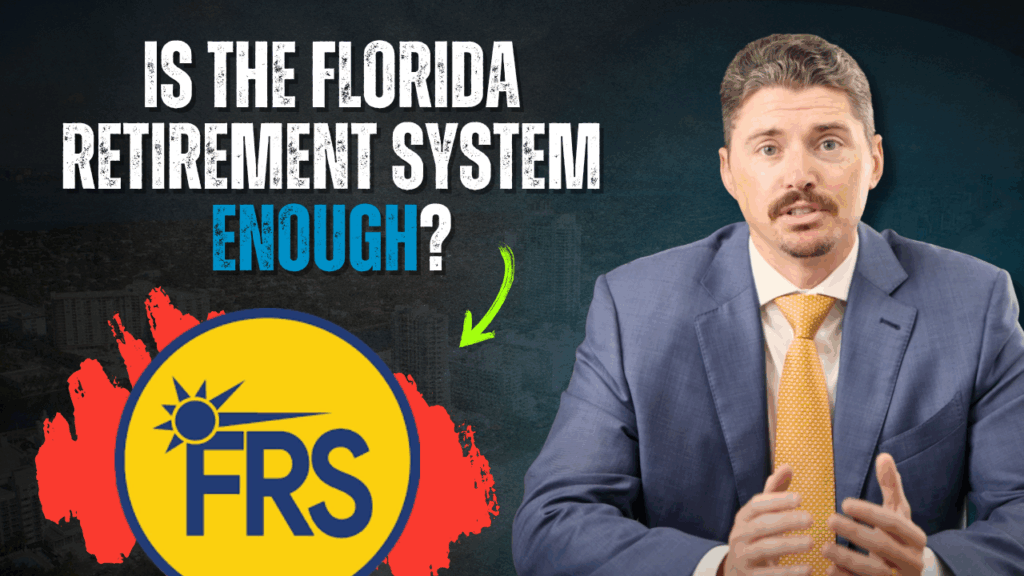Inflation is a huge problem for investors.
It’s also one that many people don’t know much about – and that’s a concern, because it can cost you in the long run. Inflation is an increase in the general level of prices for goods and services over time. This means when inflation goes up, your investments might not keep pace with the value of money today compared to tomorrow. Let’s expand on this by starting with the basics.
WHAT IS INFLATION?
Inflation is a term used to describe the general rise in prices, and it’s something that has been happening since the beginning of civilization.
Inflation happens when there’s an increase in available money or credit; this causes people to buy more goods than they otherwise would have, which leads to higher costs for those goods as their supply goes down. The price increases are then passed on to consumers like you and me.
WHAT IS THE CONSUMER PRICE INDEX (CPI) AND HOW DOES IT WORK?
The monthly Consumer Price Index (CPI) is a study conducted by the Bureau of Labor Statistics to track inflation fluctuations. It was created from household and individual spending data collected on items purchased in the following categories: food and beverages, housing, apparel, transportation, medical care, recreation, education and communication, and other groups and services.
The Consumer Price Index (CPI) has come under fire as an inflation indicator. For example, the consumer price index increased 1.4% over the 12 months ending in January 2021 – a modest rise. However, a more detailed examination of the information reveals movement on a more granular level. For example, used car and truck pricing increased by 10 percent during the previous year.
WHAT IS THE IMPACT OF INFLATION ON MY INVESTMENTS?
Three significant effects may be observed as inflation fluctuates.
1. INFLATION REDUCES THE ACTUAL RATE OF RETURN ON INVESTMENTS.
So, if an investment returned 6% for a year and inflation was 1.5% during that period, the real rate of return would have been 4.5%. Even if taxes are taken into account, the actual rate of return may be reduced significantly.
2. THE COST OF INFLATION WORSENS THE DOLLAR’S RELATIVE VALUE, PUTTING PURCHASING POWER IS AT RISK.
When the cost of goods rises, a fixed amount of money can buy fewer and fewer items. If we look at inflation over time, we can see how much our dollar is losing its buying power: $1 today will be worth just 87 cents 10 years from now due solely to inflation.
3. INFLATION COULD AFFECT THE ACTIONS OF THE FEDERAL RESERVE.
The Federal Reserve may use a variety of methods to reduce the amount of money in circulation if it wishes to control inflation. Under the current situation, if money were strictly controlled and not allowed to flow out of a country at its whim, we would expect lower prices and less inflation.
YOUR PERSONAL FINANCIAL PLANNER CAN HELP
When prices are low, it’s easy to overlook how rising costs influence a family budget. When inflation is high, however, it might be easier to make more sweeping adjustments in reaction to rising costs. The ideal approach may be to engage with a financial professional to assist you in developing a solid investment plan that considers both probable outcomes.
If you would like help creating a customized, comprehensive blueprint to build your financial future from, schedule a no-fee, no-obligation virtual appointment or contact us at (941) 756-8716. You can also email us at dan@basewealthmanagement.com.



















